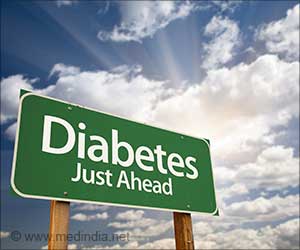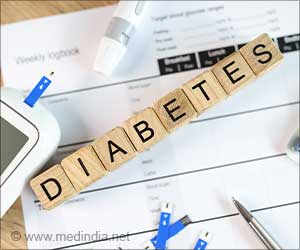A new study has cited that people with diabetes experience a faster loss of lung capacity as compared to those who do not have the disease.
A new study has cited that people with diabetes experience a faster loss of lung capacity as compared to those who do not have the disease, a finding that may have further implications for the potential use of inhaled insulin.
The lung research was essentially a part of a larger investigation known as the Atherosclerosis Risk in Communities (ARIC) study, which confirmed previous indications that the lung is a target organ for diabetic injury and that lung abnormalities speed up once diabetes takes hold.In an earlier study led by Dr. Fred Brancati, researchers established that decreased lung capacity precedes and may predict a diagnosis of diabetes. The new study also suggests that diminished lung function may contribute to diabetes morbidity and mortality.
In particular, the study discovered that people with type 2 diabetes encountered a more rapid decline in forced vital capacity, the measure of how well the lungs fill with air, than people who did not have diabetes. Although everyone experiences a decline in forced vital capacity with age, people with diabetes undergo a more rapid loss that shows before the diabetes diagnosis and accelerates after the disease sets in.
The researchers explained the reason behind this saying that it may be because high blood sugar levels harden the lung tissue or that the fat tissue in the chest and abdomen may confine the lungs more in people with diabetes.
Finally, they concluded the study with advice to clinicians to "pay heightened attention to pulmonary function in their patients with type 2 diabetes."
"Think of the lung as a crime victim who unwittingly abets the perpetrator to hasten the demise of the host," wrote Dr. Connie Hsia, of the University of Texas Southwestern Medical Center's Department of Internal Medicine.
Advertisement
Of late, makers of inhaled insulin have pulled their products from the market owing to of poor sales or halted product investigations, though several companies continue to explore this type of insulin delivery.
The study is appearing in the latest issue of Diabetes Care.
Source-ANI
SRM/L











